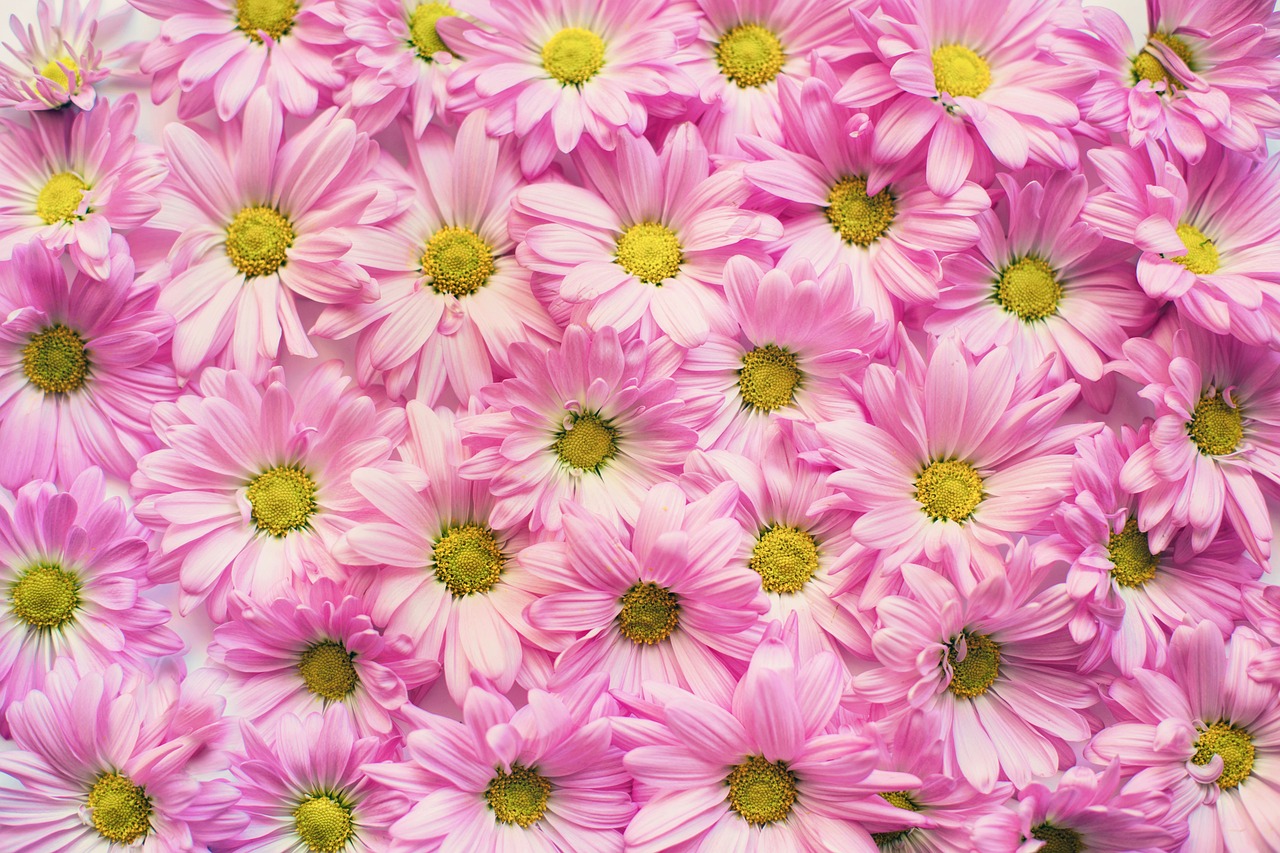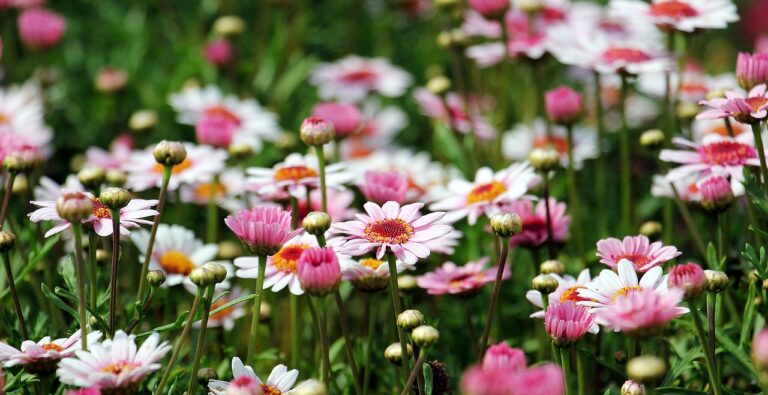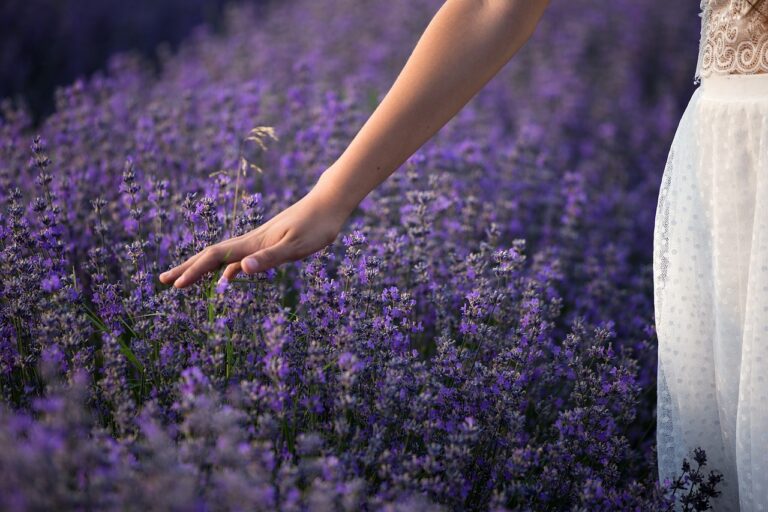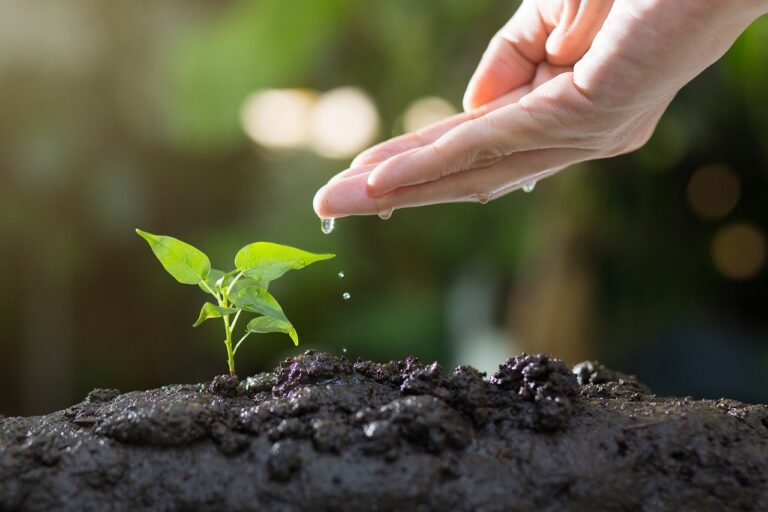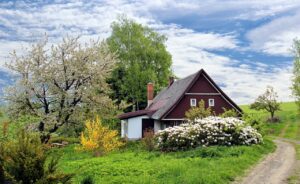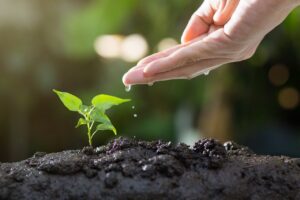Introduction
Pollinators like bees, butterflies, and hummingbirds play a crucial role in our ecosystem. They help plants reproduce by transferring pollen from one flower to another. Creating a pollinator-friendly garden can support these important creatures and enhance the health and beauty of your garden.
Choosing the Right Plants
Select a variety of plants that provide nectar and pollen throughout the growing season. Native plants are often the best choice because they have co-evolved with local pollinators. Popular options include coneflowers, milkweed, sunflowers, and lavender.
Providing Habitat
Pollinators need more than just food. Provide habitat by including features like a water source, nesting sites, and shelter. A shallow dish with water and pebbles can serve as a drinking spot for bees and butterflies. Leave some areas of your garden undisturbed to provide nesting sites for ground-dwelling bees.
Avoiding Pesticides
Pesticides can be harmful to pollinators. Avoid using chemical pesticides in your garden. Instead, use natural pest control methods like companion planting, hand-picking pests, and introducing beneficial insects. If you must use a pesticide, choose an organic option and apply it in the evening when pollinators are less active.
Creating a Diverse Garden
A diverse garden with a mix of plants, including flowers, shrubs, and trees, can attract a wide range of pollinators. Plant flowers in clusters to make it easier for pollinators to find them. Include plants with different bloom times to ensure a continuous food source throughout the year.
Providing Shelter and Nesting Sites
Pollinators need safe places to rest and nest. Include features like bee hotels, which provide nesting sites for solitary bees. Leave some bare soil for ground-nesting bees and provide dead wood or brush piles for other pollinators.
Conclusion
Creating a pollinator-friendly garden is a rewarding way to support these vital creatures. By choosing the right plants, providing habitat, and avoiding pesticides, you can create a garden that attracts and sustains a diverse range of pollinators. Your garden will not only thrive but also contribute to the health of the local ecosystem.
